Do you need an air purifier in your home?
Whether you are renovating a new home or improving your indoor air quality, people always like to place air purifiers in their homes. Today, I will take you to learn more about air purifiers to help you determine whether you need to use it or not!
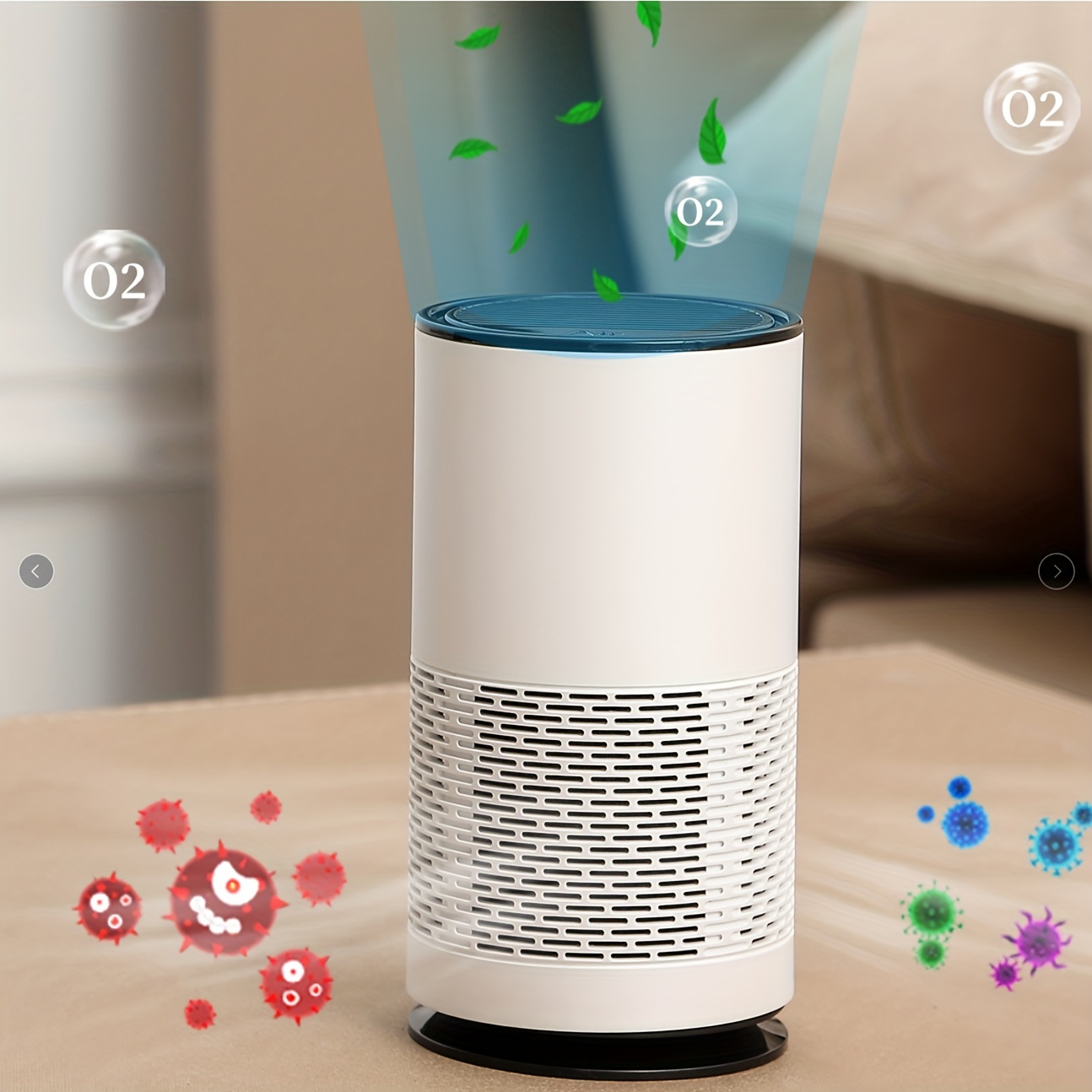
Depending on the type of filter on the market, the effect of the purifier varies. Examples include the use of HEPA filters, which capture particles as small as 0.3 microns; activated carbon filters, which remove odors and VOCs (volatile organic compounds) from the air; and ionization, which electrifies particles and attracts them to a collection plate.
I. Advantages of air purifiers
1, can remove dust, particles, dust and other substances in the air, preventing the human body from inhaling into the body.
2, can remove formaldehyde, benzene, pesticides and other toxic substances in the air, to prevent the human body after contact with the phenomenon of physical discomfort.
3, can remove the air in the tobacco, oil smoke and other carry strange flavor, to ensure the freshness of the indoor air, let a person refreshing.
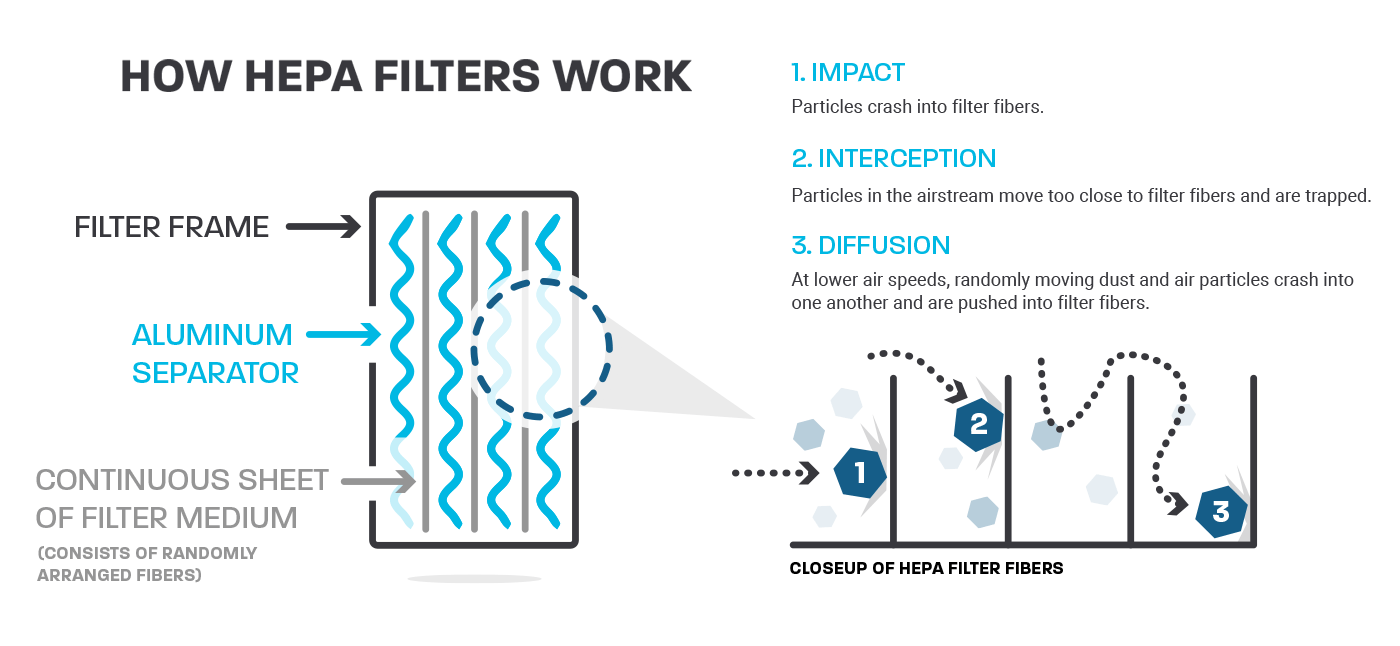
Second, the air purifier shortcomings
1, higher costs: quality purifiers, more expensive; consumables replacement is a long-term consumer process; due to adsorption will exist will be saturated, it is necessary to replace the cartridge in a timely manner.
2, treat the symptoms but not the root cause: formaldehyde is a continuous release process, the purifier can only adsorb part of the free formaldehyde in the air, the formaldehyde inside the plate does not have any effect.
3, the effect is not lasting: open the air purification, closed when the pollutants in the indoor air will accumulate.
4, limited purification area: generally an air purifier can purify 40 to 60 square meters of space!
Third, then, air purifier is necessary to buy?
It depends on the individual situation.
If one suffers from allergies or respiratory illnesses, an air purifier is necessary; similarly, if one has pets at home or lives in a heavily polluted area, an air purifier can help improve the air quality in your home; if you live in a smaller space, such as a studio apartment, an air purifier may be particularly useful because pollutants accumulate more quickly in smaller spaces.
On the other hand, if you live in a relatively low-pollution area and do not have allergies or respiratory problems, it is not very necessary to acquire an air purifier.
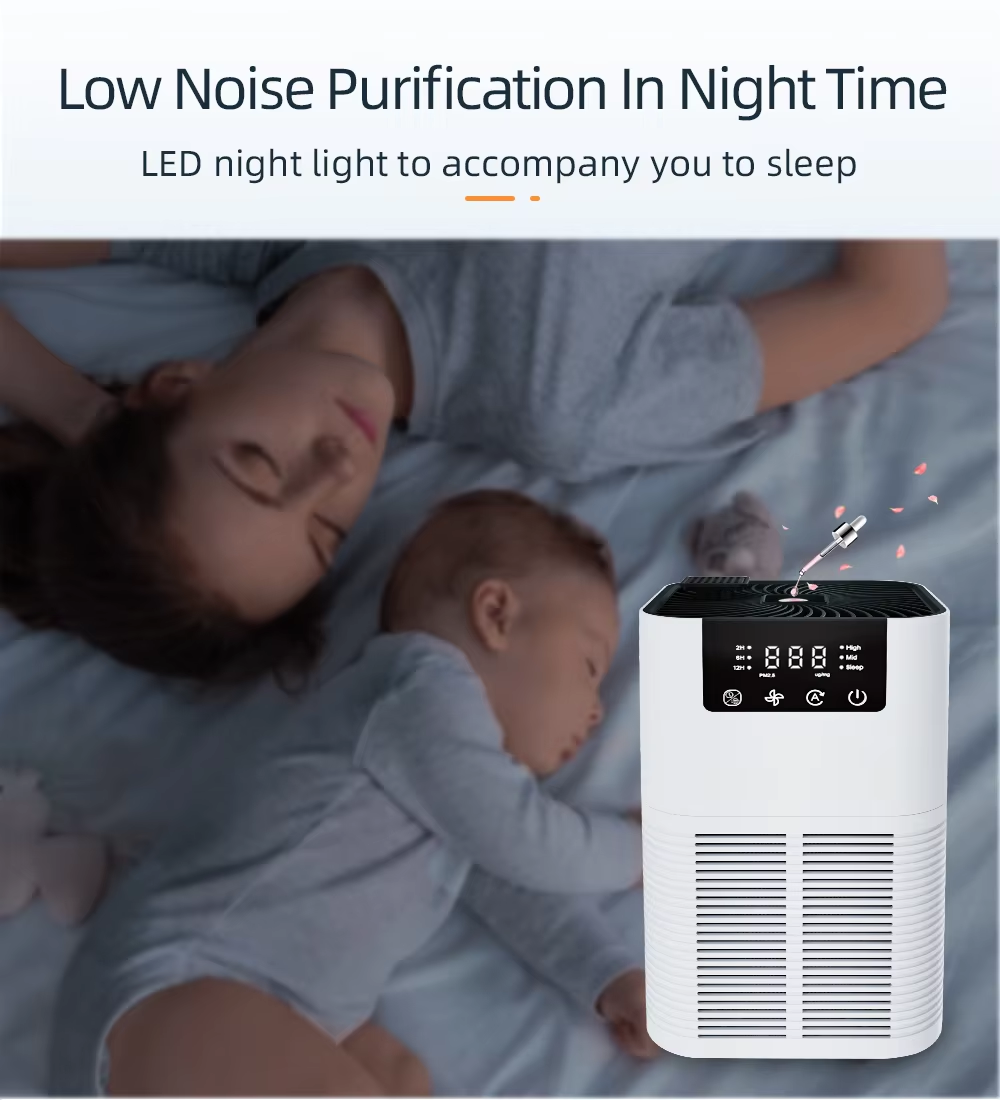
IV. Purchase Considerations
If you decide to purchase an air purifier, keep the following points in mind.
1, choose the right type
There are many types of air purifiers, and not all of them can remove all pollutants, and some of them have a single function. When purchasing, consider what types of pollutants you would like to remove from the air, and then choose a purifier with the appropriate cartridge function.
2, size size
As air purifiers are not all the same size, there are big and small, the corresponding power will also be different. So choose the right size air purifier according to the size of your room. A purifier that is too small for the room won't be effective, while one that is too large may be a waste.
3, consider the cost of maintenance
The consumables of the air purifier is a very significant late expenditure, if you want to buy an air purifier, you need to know the cost of consumables and service life in advance, to estimate their future cost expenditure, if it is beyond the scope of their own affordability, it is a bit of a loss.
To summarize the above, air purifiers can be a useful tool for improving indoor air quality, especially in renovated environments or in the case of family members with allergies or respiratory illnesses. However, it is not a complete solution to air pollution and has a number of shortcomings, so you have to choose according to your actual situation and needs.

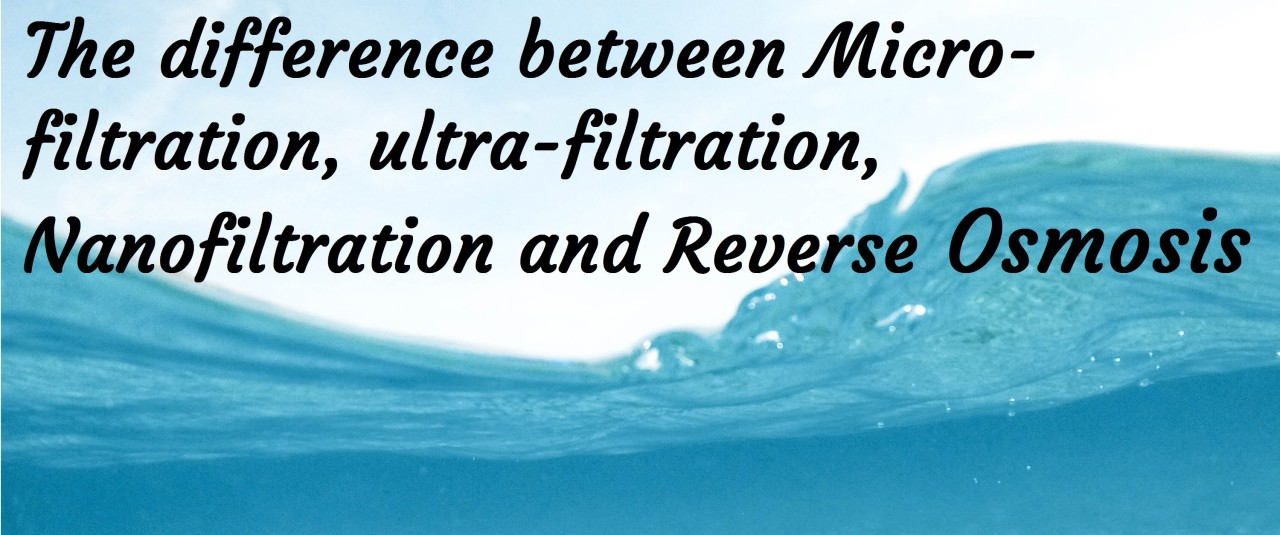 The Battle of Four Membranes: Microfiltration, Ultrafiltration, Nanofiltration, Reverse Osmosis—Which Reigns Supreme in Water Purification?
The Battle of Four Membranes: Microfiltration, Ultrafiltration, Nanofiltration, Reverse Osmosis—Which Reigns Supreme in Water Purification?
 Don't Pay for Stupidity! The Ultimate 2026 Water Purifier Guide: Selection, Pitfalls, and Maintenance All in One Article
Don't Pay for Stupidity! The Ultimate 2026 Water Purifier Guide: Selection, Pitfalls, and Maintenance All in One Article
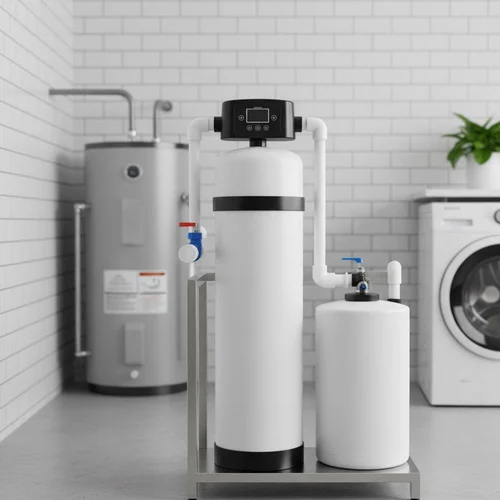 Working Principle and Core Technology of Water Softening Equipment
Working Principle and Core Technology of Water Softening Equipment
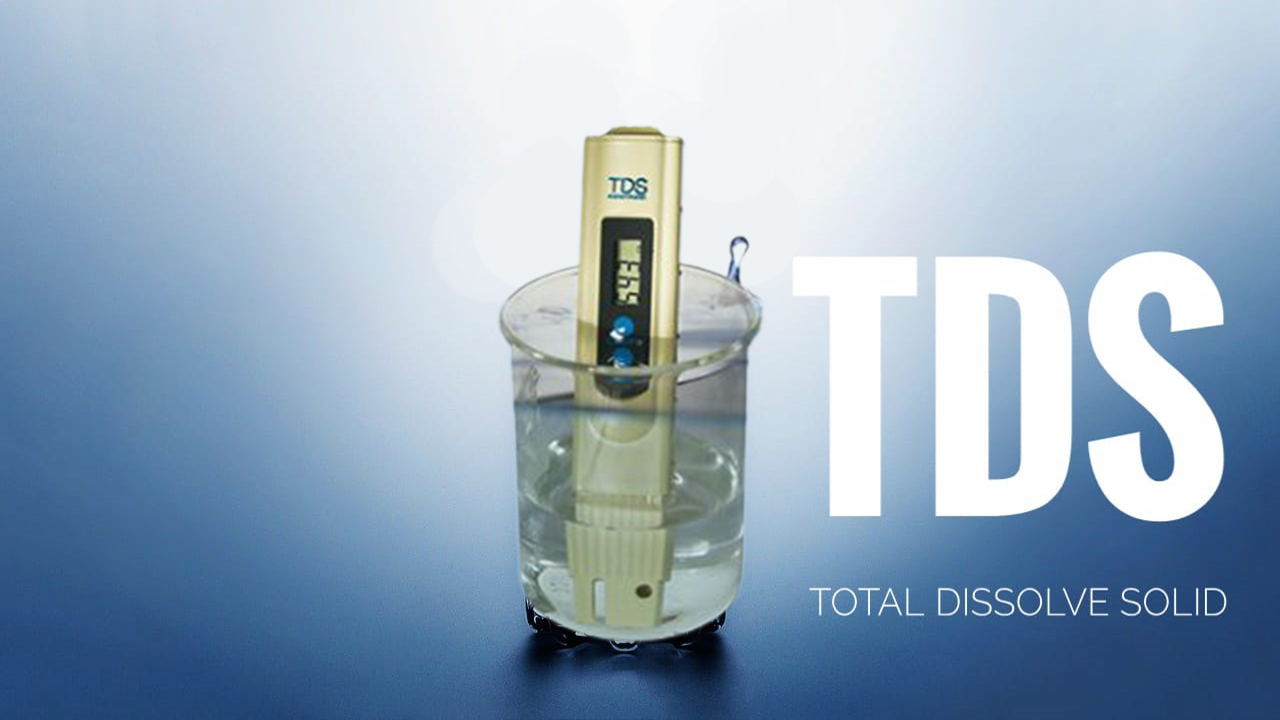 Understanding TDS in Water Filters: A Comprehensive Guide
Understanding TDS in Water Filters: A Comprehensive Guide